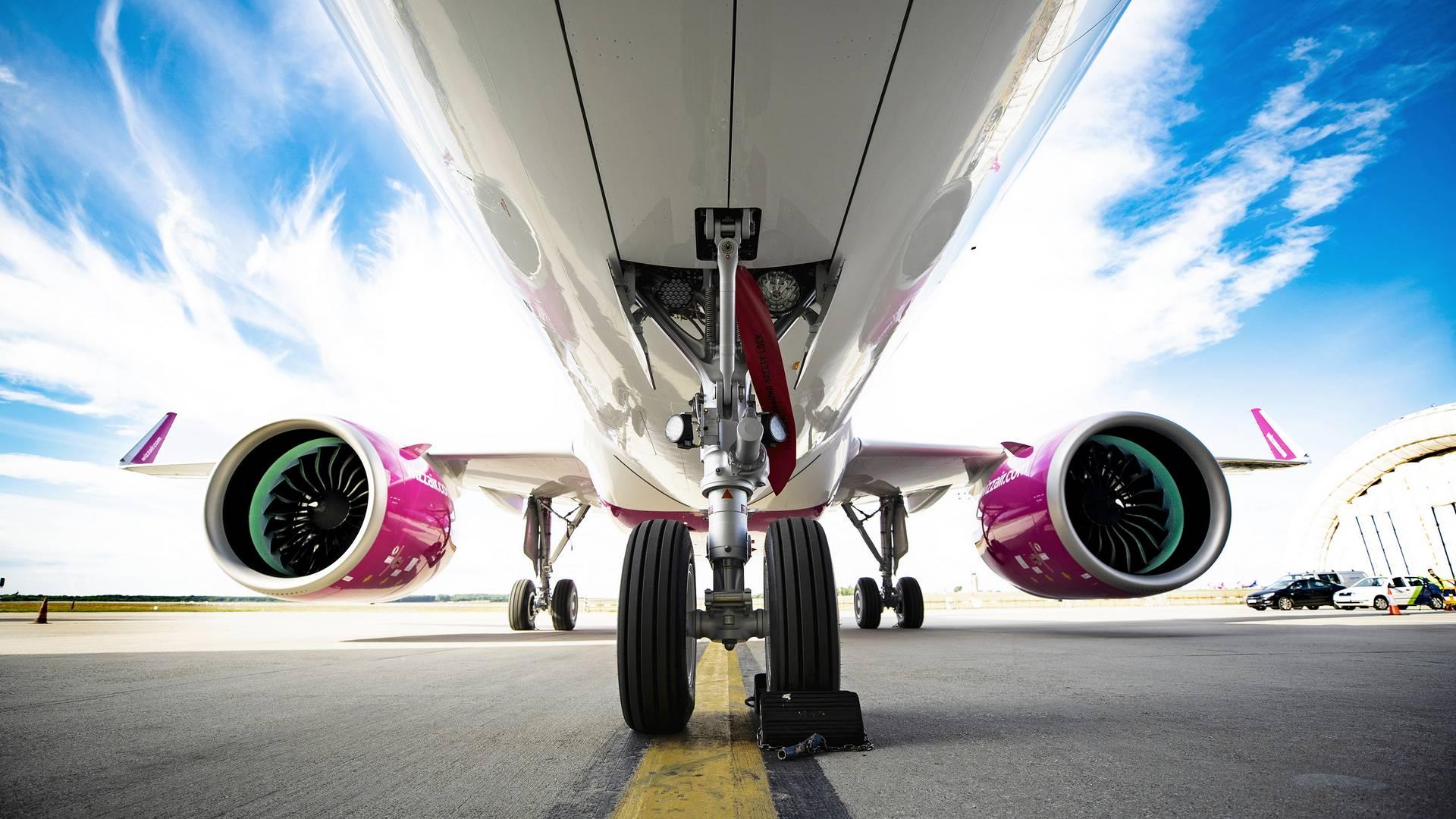
Smarter email, faster business.
Trending
Wizz Air Negotiates Spare Engines and Maintenance for A321neo Fleet

Wizz Air Advances Negotiations for Spare Engines and Maintenance Support
Central European low-cost carrier Wizz Air is in the final stages of negotiations to secure additional spare engines and enhanced maintenance support for its expanding Airbus A321neo fleet. This move forms part of a comprehensive powerplant procurement process covering nearly 180 aircraft. The airline aims to finalize agreements by the end of June, which will include securing extra engineering shop-visit slots and improved access to spare engines.
The tender for 177 A321neos addresses critical challenges related to powerplant reliability, a pressing concern as Wizz Air continues to manage disruptions caused by ongoing remedial work on Pratt & Whitney PW1100G geared turbofan engines. The airline projects that approximately 34 aircraft will remain grounded due to engine issues by the end of September, a figure that has steadily declined from 42 at the end of March and 37 in early May.
Operational Challenges Amid Fleet Expansion
Despite these setbacks, Wizz Air has reported a second consecutive year of profitability, although its operating profit for the 2024-25 financial year dropped by more than 60% to €167.5 million ($191 million). Chief Executive Jozsef Varadi described the current period as a “transformation point,” emphasizing expectations that the number of grounded aircraft will continue to decrease both in absolute terms and as a proportion of the fleet.
Throughout the year, the airline faced significant operational challenges, with an average of 44 aircraft—nearly 20% of its fleet—grounded due to engine-related issues. Nevertheless, Wizz Air maintained stable capacity by optimizing the utilization of operational aircraft and employing wet-leasing arrangements. The delivery of 26 new A321neos alongside 14 spare engines has also helped to alleviate some of the impact caused by the groundings.
Wizz Air continues to contend with an average engine shop-visit time of approximately 300 days to return engines to service. However, the proportion of grounded aircraft is gradually decreasing as the airline receives additional Airbus deliveries. The delivery schedule for 138 A321neos over the next three years was revised in January, with the fleet now expected to grow from 231 to 305 aircraft by March 2028, down from an earlier forecast of 380.
Market Pressures and Future Outlook
The ongoing negotiations for spare engines and maintenance support present challenges, particularly in securing competitive pricing and ensuring timely delivery. These factors are likely to attract heightened scrutiny from investors concerned about operational efficiency and cost control. Meanwhile, competition within the budget airline sector is intensifying. Gulf Air is reportedly expanding its narrowbody fleet through a lease agreement with BOC Aviation, while IndiGo’s plans to order 30 additional A350s and expand its European operations highlight growing pressures in the market.
As Wizz Air seeks to resolve its engine reliability issues and continue its fleet expansion, the outcome of these negotiations will be closely monitored by industry observers and investors alike, with significant implications for the carrier’s future growth and competitiveness in the European low-cost aviation market.